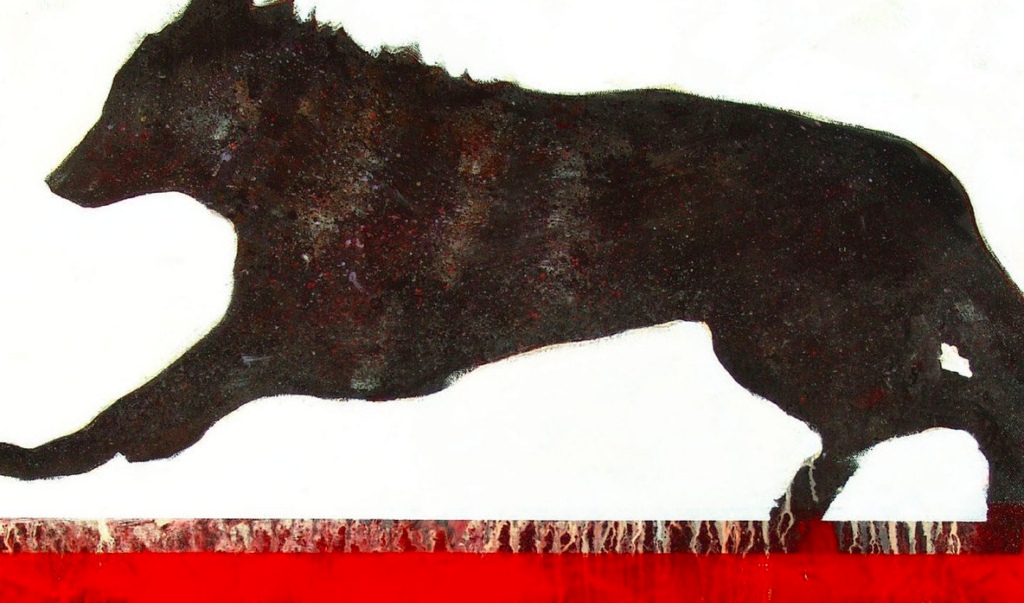Feral
Janet McAdams
Salt Publishing, $15.95 (paper)
The poems in Janet McAdams’s second collection often seem to spring from perpetual winter, whether in a sequence about polar catastrophes or in her complaints about the unresponsiveness of what she regularly dubs “this world.” When this poet articulates her displeasure through dramatic personae—feral children and their keepers, lost explorers, avid collectors, mermaids landlocked or sea-bound, Clara Schumann, etc.—it is difficult not to be sympathetic. In the same way that McAdams addresses “the reader” in occasional asides throughout the book, in “Offices of Pity” a wild child, Victor of Aveyron, admonishes his educators before running back to the woods that reared him: “Your ears / are too full of language.” Later, in “The Children of Animals,” Victor reappears alongside other famous wild children as one who eventually was able “to feel the cold, to drink from bowls.” To feel discomfort and vulnerability, to be circumscribed by language—these are the restraints of civilization, by which we apprehend that “This is history: that every world grows smaller.” This conclusion serves McAdams best when she works into the strangeness she rightly admires, as she does in “A Natural History of Hands,” a meditation on the murder of Native American activist Anna Mae Pictou Aquash, whose hands were removed during the investigation. But the universalized protest identified as belonging to an archetypal “Child-That-Was” in the last section of “Earth My Body Is Trying to Remember,” the book’s closing sequence, would be more satisfying if, after this long journey, it had been discovered as irresolvable or developed beyond the borders of the poems that precede it. The best work here, whether of this world or masked in fable, deals smartly with questions of what we lose by learning. It manages to embody the conflict of actively becoming distrustful without falling into diffidence.








